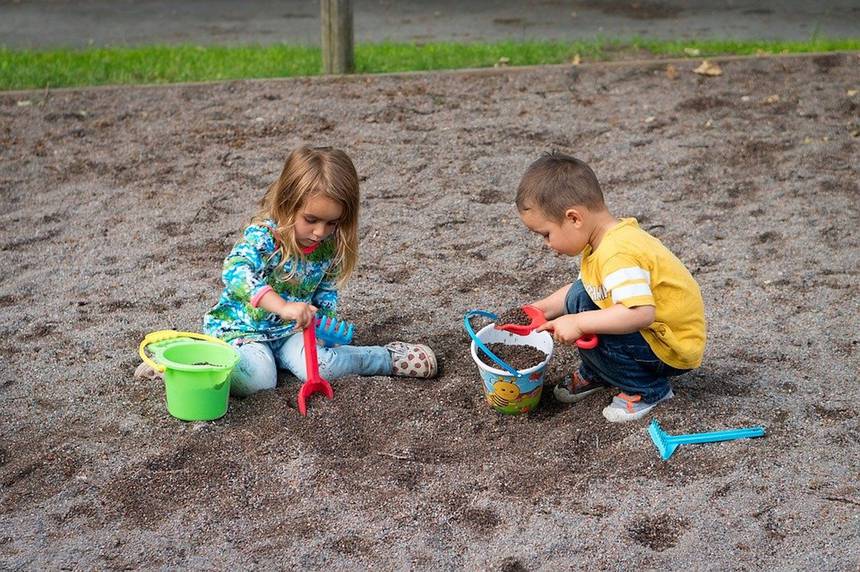Originally published in Treehugger by Katherine Martinko, December 2019
It’s about so much more than getting daily exercise.
Recess is an important part of a child’s school day, and for reasons you may not have realized before. The daily outdoor playtime about much more than burning off energy and getting exercise; it is crucial for building a sense of community and boosting academic performance. Two articles in Education Dive list some of the reasons why recess deserves more attention and priority in public schools these days.
Recess helps children to connect with each other earlier in the school year than they would if they didn’t have that unstructured time together each day. As explained in the Journal of Physical Education, Recreation & Dance, primary school teachers found that “students would play better together, interacting much earlier in the school year as a result of simply having the time to play freely with one another.”
The same research found that having better social connections led to better comprehension of academic material, improved performance on tests, and more focus overall. I wonder if it’s because a source of distraction or anxiety has been eliminated; we all know how friendship dramas can consume one’s attention. Connections made on the playground transfer to the classroom as well, helping kids to handle conflict resolution and work better together on projects.
Recess offers the breaks that every human needs in order to learn effectively. Education Dive reports:
“Some educators reported in a 2017 study that after giving students a chance to move around for just five minutes before a test, they performed better on exams. This point was echoed in a 2018 study that found one elementary school that doubled the number of recess periods offered during the day saw math test scores increase.”
Another school in Texas increased recess to four 15-minute breaks each day, and even though teachers had less time in the classroom, they discovered that “after five months of the increased breaks, students focused better during lessons than before the play time was inserted into the day.”
Schools owe it to kids to let them play outside frequently and consistently, and parents can support this by insisting on daily outdoor playtime, too. If it creates a healthier, happier academic environment, what’s there to lose?
